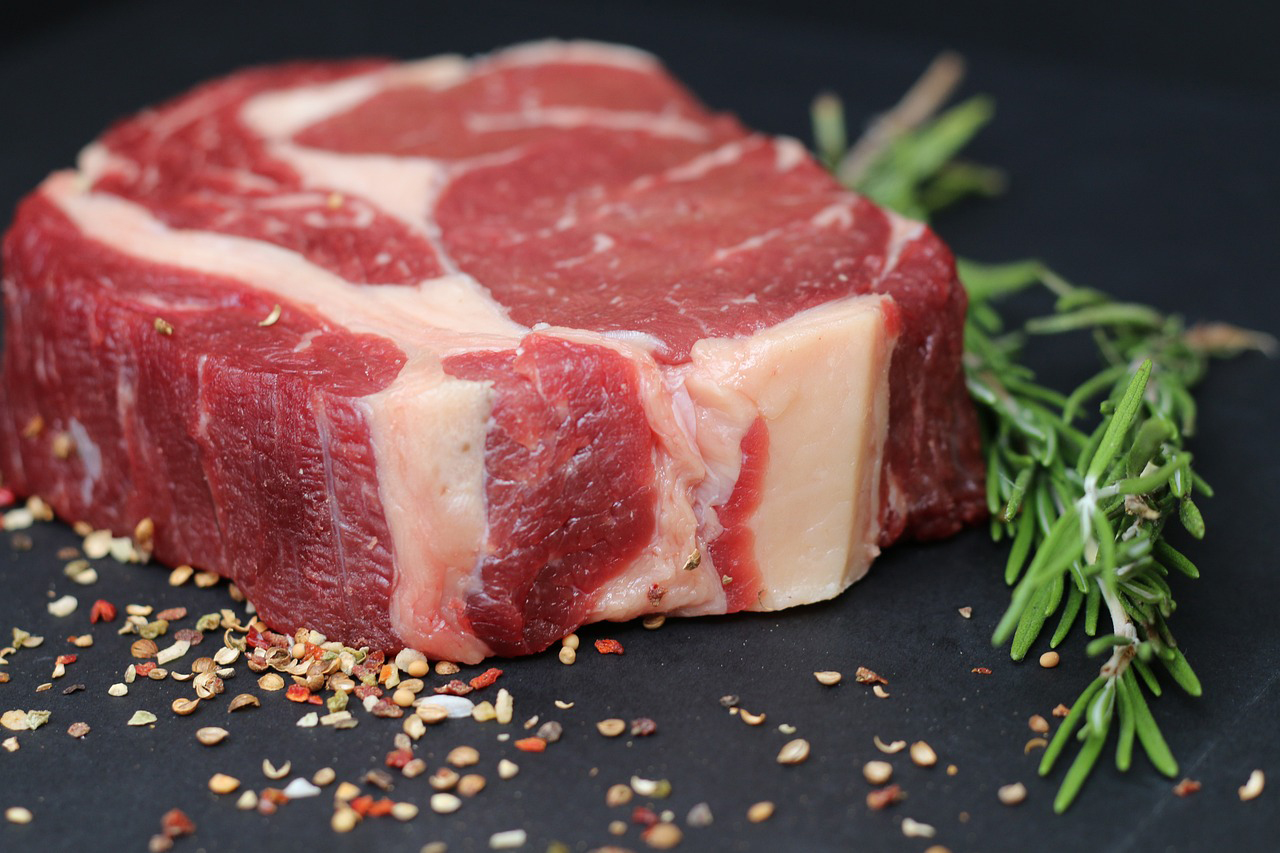Government officials, cattle producers and beef organizations are coming together to oppose the Importation of Fresh Beef from Paraguay, a final rule determined by the United States Department of Agriculture Animal and Plant Health Inspection Service. This rule was set to go into effect Dec. 14 and allows the import of beef from Paraguay.
Paraguay has struggled to eradicate foot-and-mouth disease for years, which was why importing their beef products was prohibited for the last 25 years. Foot-and-mouth disease is highly contagious and has the potential to cause monumental losses for livestock producers. The USDA estimates that a severe outbreak in the United States has the potential to cost more than $200 billion.
On Dec. 13, Senators Mike Rounds (R-SD) and Jon Tester (D-Mont.) announced they would file a Congressional Review Act resolution to overturn the decision to allow Paraguayan beef importation. According to Rounds and Tester, Paraguay last reported foot-and-mouth disease cases in 2012, but the USDA’s decision to reinstate Paraguayan imports is based on information collected in 2018. They also stated American inspectors have not conducted a site visit to Paraguay since 2014. The legislation is backed by R-CALF USA, the U.S. Cattlemen’s Association and the National Cattlemen’s Beef Association.
“Our producers work tirelessly to produce the safest, highest quality and most affordable beef in the world,” Rounds said. “Our consumers should be able to confidently feed their families beef that has met the rigorous standards required in the United States. I am proud to partner with Senator Tester to overturn this Biden administration rule that would allow beef imports from Paraguay.”
In addition to the legislation, multiple state secretaries of agriculture—Oklahoma, Texas, Nebraska, Missouri, Iowa, Ohio, Wyoming, and South Dakota—have signed a letter urging U.S. Secretary of Agriculture Tom Vilsack to stop override the ruling that would abolish the previous import ban.
“While trade is important to our industry, disease risks, and animal health are critical considerations in the process of building a trade relationship,” said Oklahoma Secretary of Agriculture Blayne Arthur.
Lacey Vilhauer can be reached at 620-227-1871 or [email protected].




